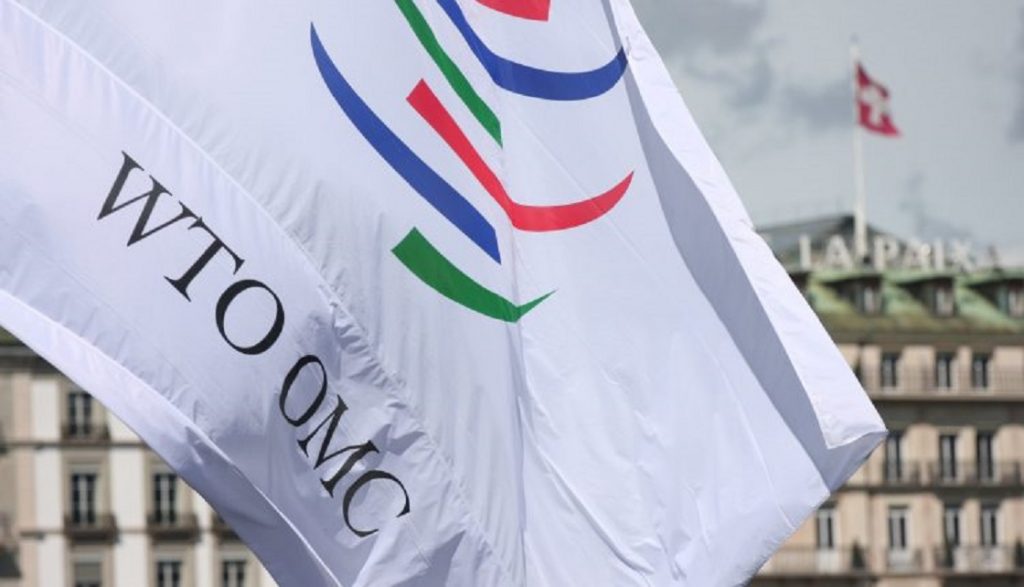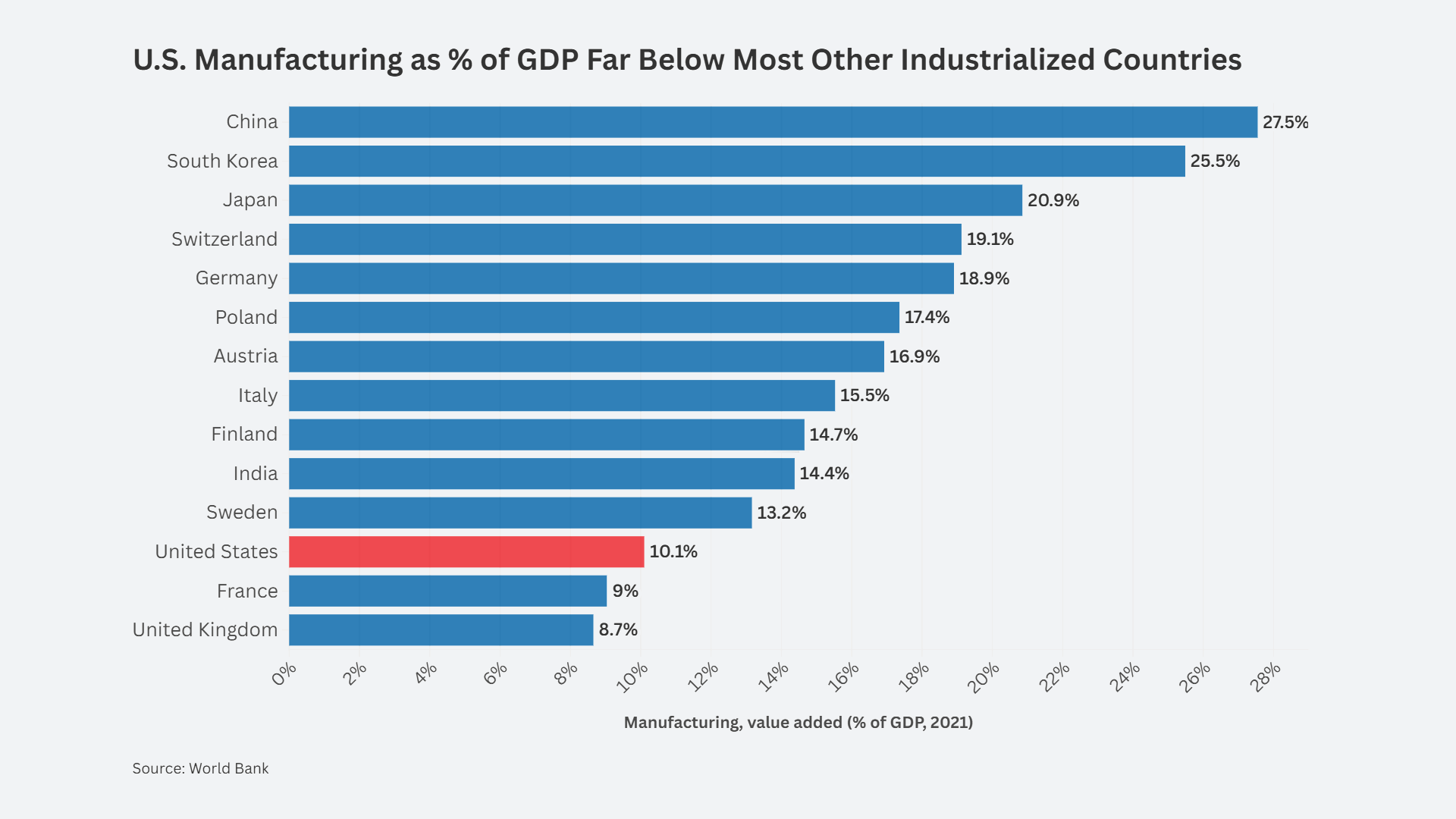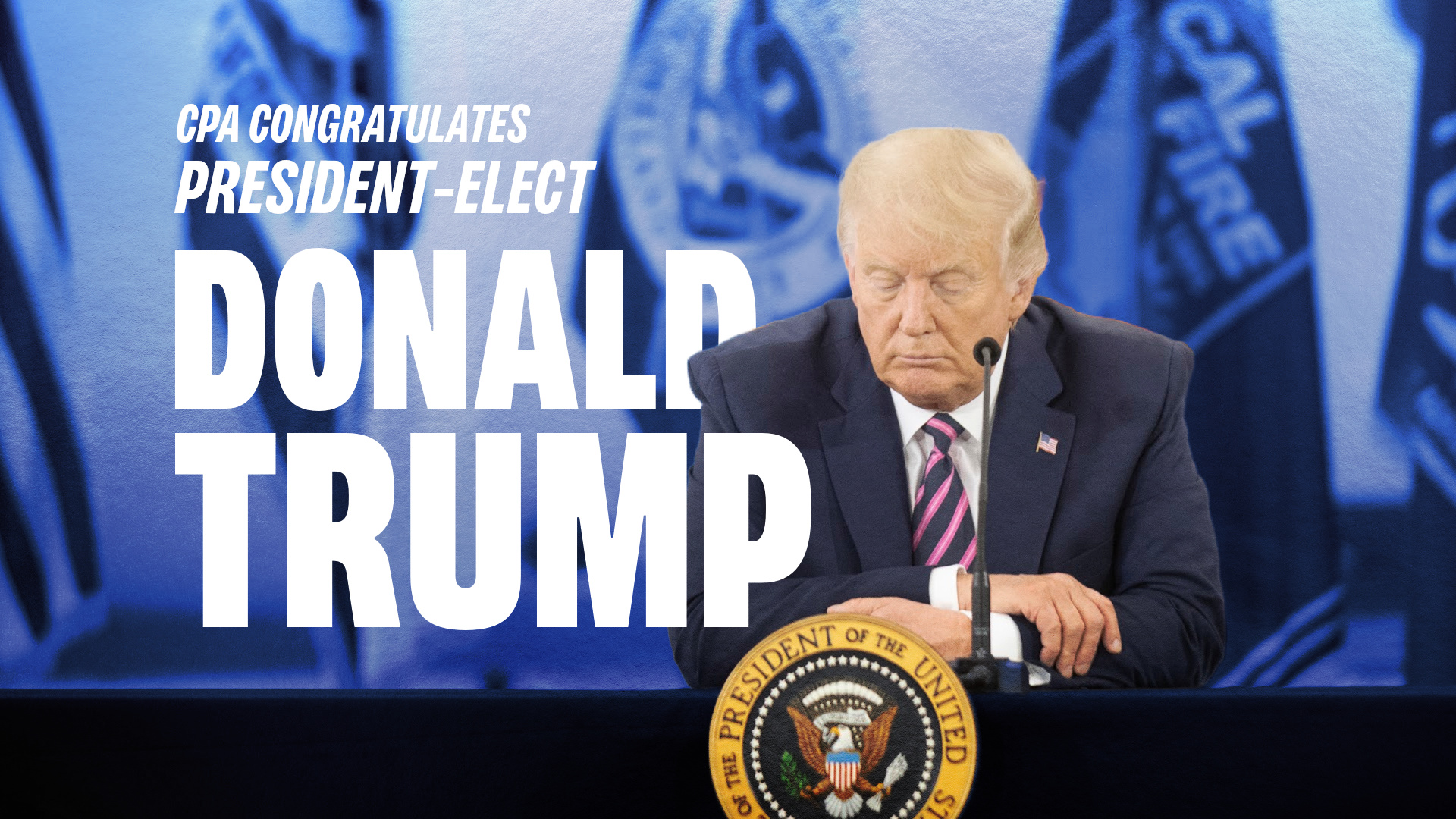By Kenneth Rapoza, CPA Industry Analyst
The World Trade Organization has ruled that over $230 billion worth of the Trump Administration’s “fair trade” tariffs, known as the Section 301 tariffs, break the global trade group’s rules. We doubt the US will be removing those tariffs on China. If they did, Washington loses its trade negotiating leverage with Beijing.
No surprise. The World Trade Organization has rejected our Section 301 tariffs on China. For now, it’s a moot point. That could change post-election. One thing is clear with this decision, fair trade and trade imbalances will never be fixed for this country within the confines of the WTO system.
The WTO, in its ruling on Tuesday, said they do not draw “any legal conclusions or make recommendations” of how to proceed.
“This outrageous decision calls into question whether the WTO will continue to be relevant,” said Michael Stumo, CEO of CPA. “The panel is out of bounds ruling that the US cannot protect its interests against a geopolitical rival. Geneva bureaucrats cannot be allowed to set US foreign policy or trade policy.”
The ruling by the WTO is based on what is essentially the “golden rule” of club membership – Article 1. It gives favored nation status to all members. But the result is that the US is the least favored nation, because all other countries can charge higher tariffs than we do.
Our simple average inbound tariff rate across thousands of tariff lines is 3.4%, so all members can sell goods here paying that rate at the ports. All other WTO countries have higher tariff levels. The closest to us is Canada (~6%) and the EU (~5%). China is 10%. Other countries in South America and Southeast Asia are around 30%. Members can impose tariffs on other members, but Article 1 only allows for that through anti-dumping and counter-veiling duties.
Under President Trump, the USTR used Section 301 of the Trade Act of 1974 to go after China. We currently have thousands of Made in China items facing that trade law, which includes 25% tariffs on 818 List 1 items valued at around $34 billion and 5,745 tariff lines with an approximate value of $200 billion for List 2 items.
Section 301 is titled “Relief from Unfair Trade Practices” and provides the USTR with the statutory means to impose trade sanctions on foreign countries that violate trade agreements or engage in acts that are deemed “unjustifiable” or “unreasonable” and hurt US commerce. The tariffs are used to change the wrongful trade behavior of other countries. Prior to 1995, the United States used Section 301 extensively to pressure other countries to eliminate trade barriers and open their markets. The creation of an enforceable dispute settlement mechanism in the WTO, strongly advocated by the United States, reduced our use of Section 301.
There are other ways to tackle China as it relates to world trade rules.
The CPA sent a letter to Robert Lighthizer in July requesting that he renegotiate our average bound tariff rates, for starters, so they would no longer be lower than the rest of the world’s. If we are going to be stuck in the WTO, we should at least have reciprocal tariffs with other members.
A tougher option is what Senator Tom Cotton said he was doing this week in drafting a bill that would exempt China from Article 1, allowing the US at least to slap tariffs on China based on unfair trade practices, without risk of retaliation. His bill would require Congress to vote on China’s favored nation status annually. That status is given to all WTO members.
“I’m introducing legislation this week that would repeal permanent most favored nation status and require the president and Congress to decide on it annually,” he said on Fox & Friends on September 14.
CPA welcome’s Cotton’s leadership on this issue. We need more members of Congress on board who see China as the elephant in the room on global trade. And who realize that the WTO does not have the muscle to move that elephant around.
So what does the US do from here?
China has already retaliated against the Section 301s with its own tariffs, something the WTO would have allowed them to do anyway under this decision.
As the WTO has China’s back on this, due to its own membership rules, Cotton’s bill serves to move the conversation on China, and how to protect American manufacturing, which is what this is all about. Existing WTO rules don’t do the job.
We believe the conversation on China is changing, as Cotton’s bill attests. China has made it impossible for the two political parties to play the free trade card and the national security card together. You can’t play both against China. Allies cannot be counted on to line up and go against China, as the WTO represents those allies. We would be stuck in committees and debates for years, while American manufacturing continues to get hallowed out.













